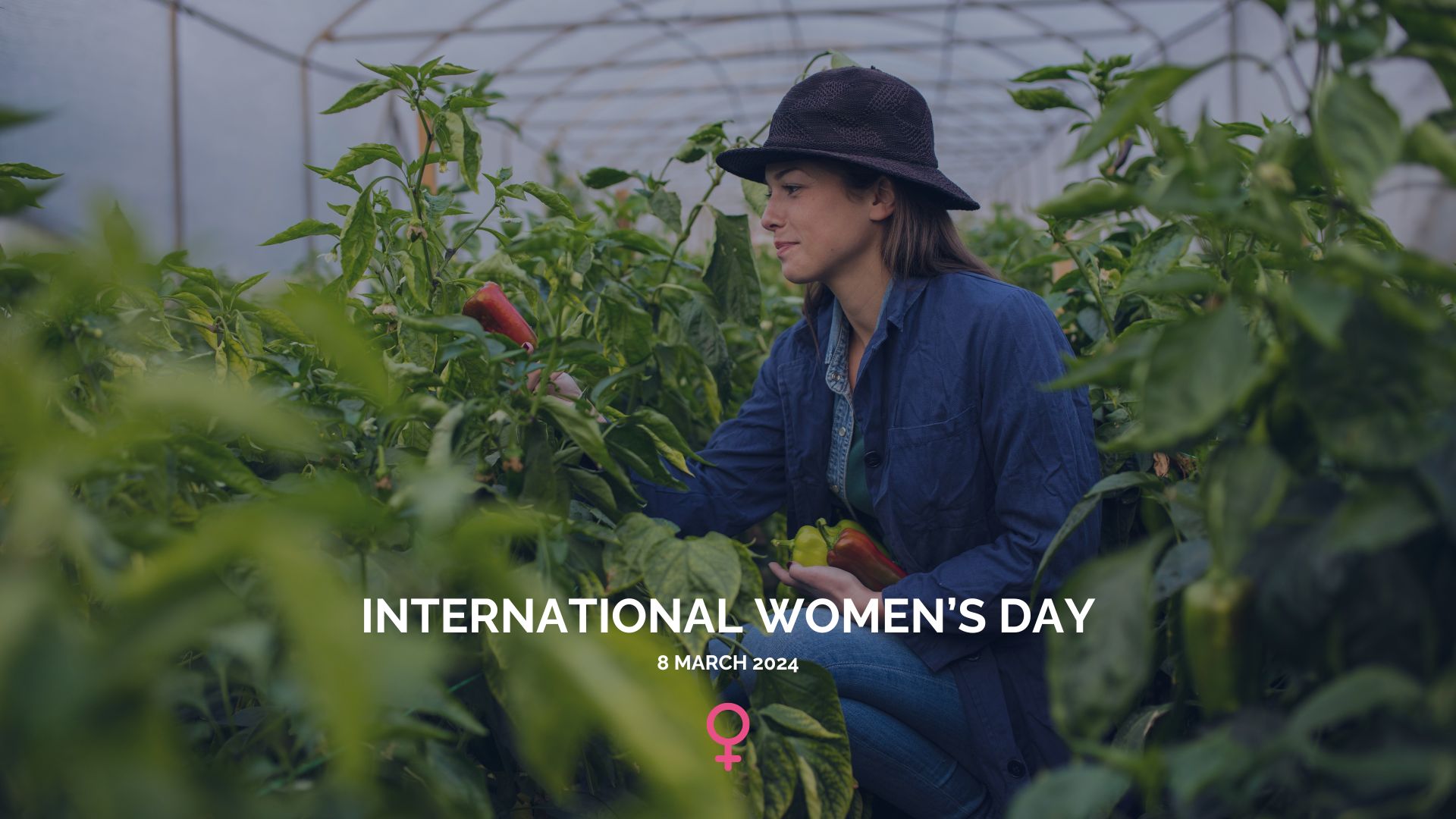ENAJ organizes press trip on innovations for wineries and farms

Agricultural journalists are actors in the ecosystem of agricultural innovation communication and therefore important for EU-FarmBook.
EU-FarmBook supports the activities of the European Network of Agricultural Journalists (ENAJ), because journalists play an important role in the most relevant target groups of EU-FarmBook, such as farmers, advisors and decision makers. ENAJ is the umbrella organization of the national guilds of 20 EU member states and two EFTA countries. The main activities of ENAJ is to organize workshops and press trips for their members. From July 6-8, ENAJ and the German Guild of Agricultural Journalists VDAJ invited a group of 19 agricultural journalists from 12 countries to the Palatinate, a region of wine and vegetable production in Western Germany. They visited a research institute, wineries and farms to learn about innovations for sustainable farming.
Wine makers and vegetable growers in the Palatinate have to deal with a lot of challenges: They are facing droughts because of climate change, their production is affected by pests, they need to reduce plant protection to fulfill EU legislation and they have to compete in global markets. Innovations are needed to produce in a sustainable way and to be successful. In viticulture new cultivars – so called PIWIS – are innovative, because they can help to reduce plant protection.
Reducing plant protection by new cultivars
Prof. Dr. Reinhard Töpfer, Director of the JKI Federal research Center for Cultivated Plants Geilweilerhof in Siebeldingen, informed the journalists about PIWIS. These cultivars are resistant against widespread diseases like powdery Mildew. “PIWIS are an important option for the new EU Framework conditions”, he said. Nevertheless he pointed out, that viticulture without plant protection is not possible.
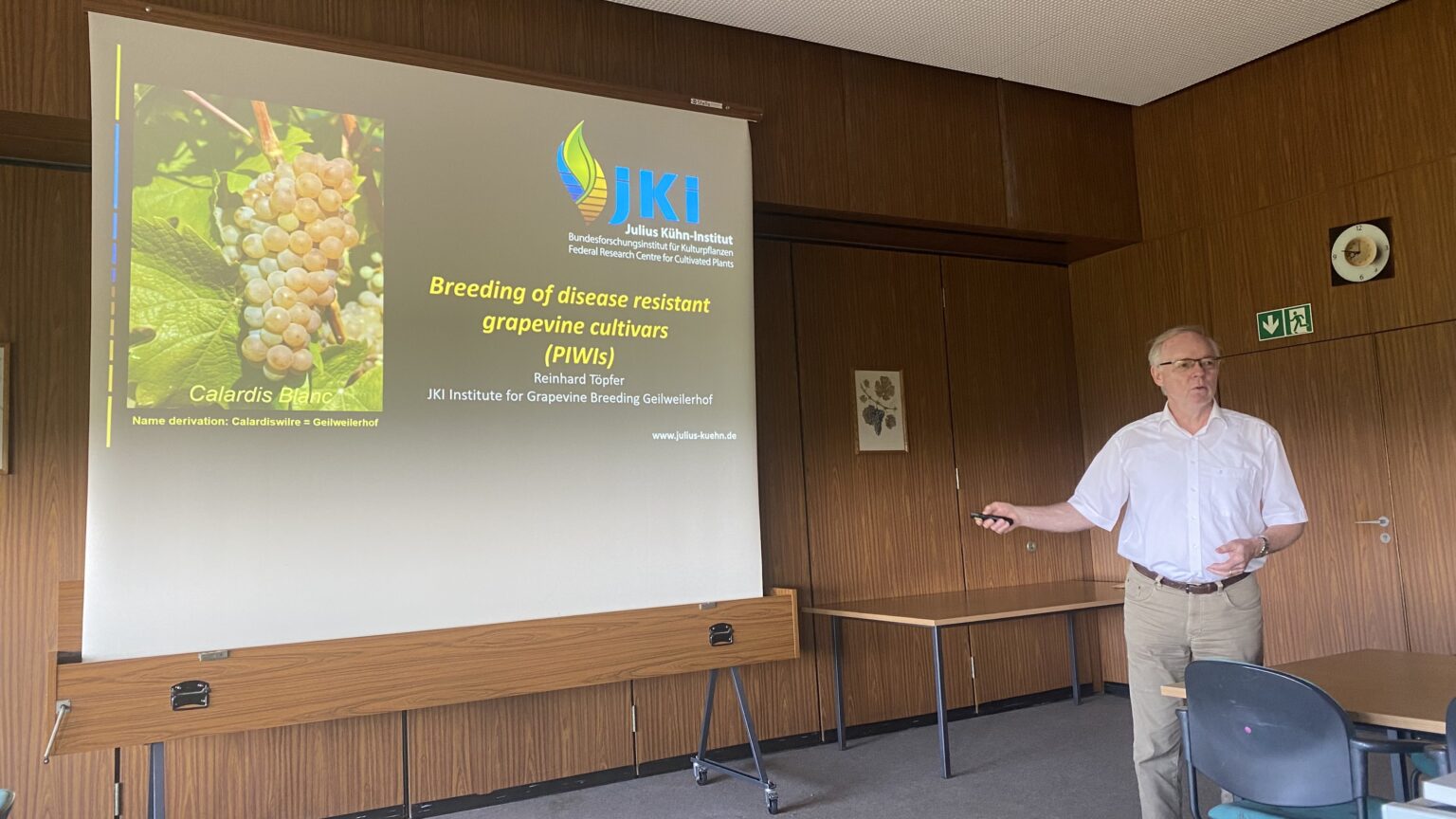
Christoph Siebert from the Siebert & Schenk winery in Grünstadt is also convinced, that wine grapes need plant protection. He and his brother Johannes cultivate 40 hectares and they are just converting their production to organic viticulture. To protect the wine grapes from pests and diseases they are only allowed to use alternatives to chemical treatments like sulfur, copper and baking powder. “This year we have difficult conditions and we need to treat the grapes nearly weekly with baking powder”, said Christoph Siebert. He intends to plant PIWIS to reduce plant protection. “PIWIS will need less treatments and will therefore reduce our costs”, he said.
Vineyard Cloud: Digital tool improves management
The two brothers also implemented the digital management tool Vineyard Cloud to support the conversion to organic production. The GIS based process management is available for Android and iOS is particularly strong in the areas of route optimization, in networking with intelligent spraying systems and in fertilizers regulation documentation. Siebert works closely with Fabian Bartmann, the specialist for Vineyard Cloud of Raiffeisen Waren-Zentrale Rhein-Main eG (RWZ). RWZ holds a stake in the company Vineyard Cloud GmbH through its subsidiary Raiffeisen Ventures GmbH and has played a key role in the development of the software, which is consistently tailored to the requirements of viticulture. “In many discussions with our customers, we asked what a useful digital solution for a winery must be able to do,” explains Fabian Bartmann. “We then passed on the formulated requirements to the software developers. Now it’s a matter of bringing the practical tool into the field.” RWZ recommends Vineyard Cloud for farms larger than about 15 hectares.
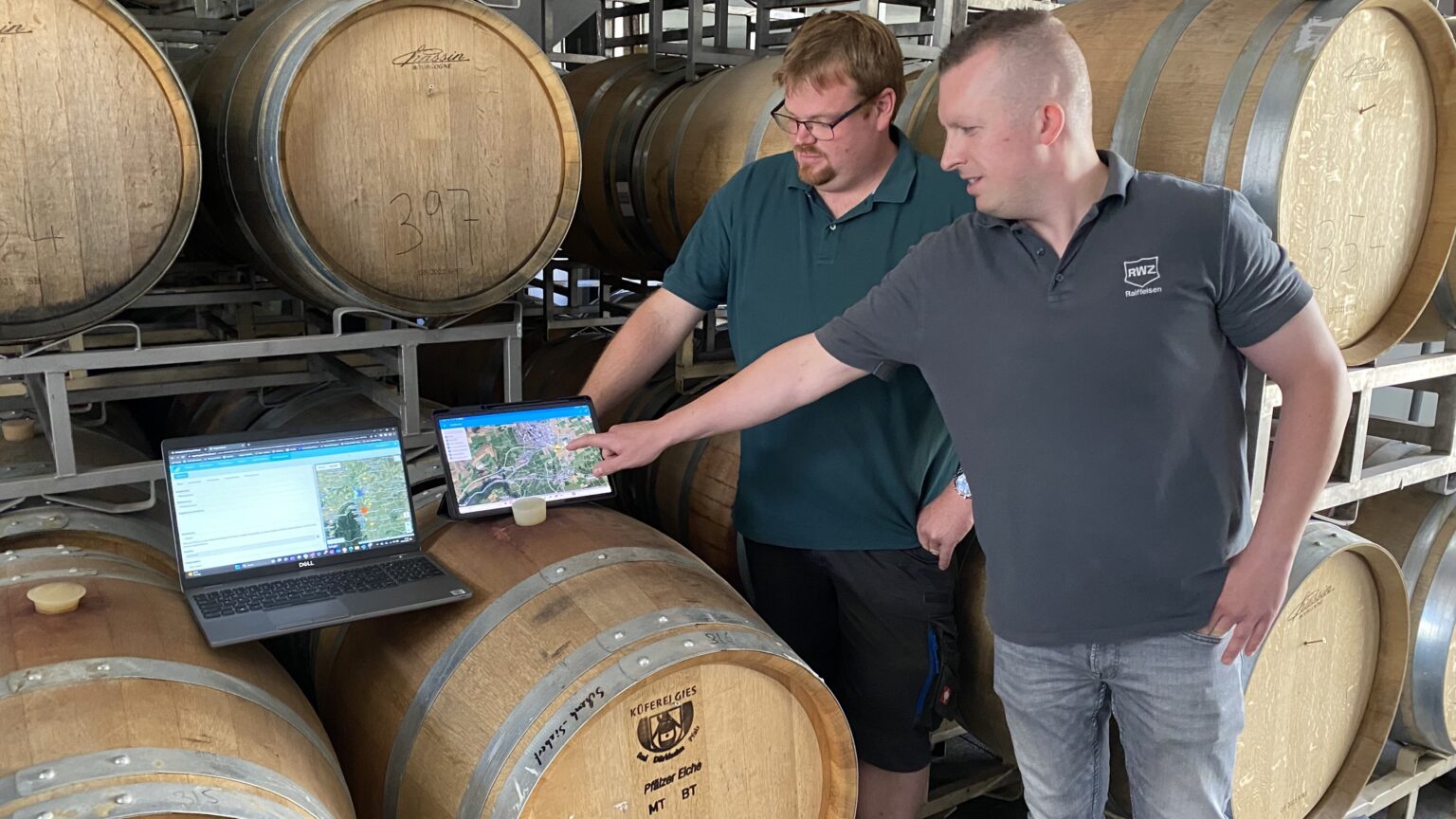
Digital solutions can also help to protect biodiversity
Digitalization plays also an important role at the farm of Dominique Bellaire. He and his family are already the third generation to run the Schmiedhof in Neupotz, a farm of almost 200 hectares. The 4th generation is already in the starting blocks and would like to continue the business. For this reason, the Bellaires are setting up the business for the future. Risk diversification is the keyword here: not specialisation in one area, but the combination of dairy farming and direct marketing with diverse crops, the sustainable orientation of the farm (low-CO2 dairy farming, integrated crop protection) and consistent digitalization. “My objective is not to maximise production, but to stabilize it”, he said.
By using forecasting models (Xarvio), Dominik Bellaire moves away from a rigid treatment of the grain and only treats when infections occur. The information of a digital weather station allows him to treat even more accurately. As parts of the farm belong to the “red area” (red areas have a surplus of nitrogen in the soil and fertilizers must be reduced to protect the ground water), Dominik uses partially specific sowing and fertilizing (-20% N). He therefore uses fertilizer specifically in the good regions and saves fertilizer on the weak ones.
Thanks to digitalization, Dominik Bellaire is able to integrate protection zones for skylarks and other ground breeding species in larger fields (create lark windows during sowing and then do not carry out plant protection in these areas later). Other measures can be seen by anyone who looks at the fields: biodiversity stripes with wild herbs and flowers frame the fields of the Schmiedhof. “If these stripes are permanent they attract a lot of insects, which help to keep the crops healthy”, he said.
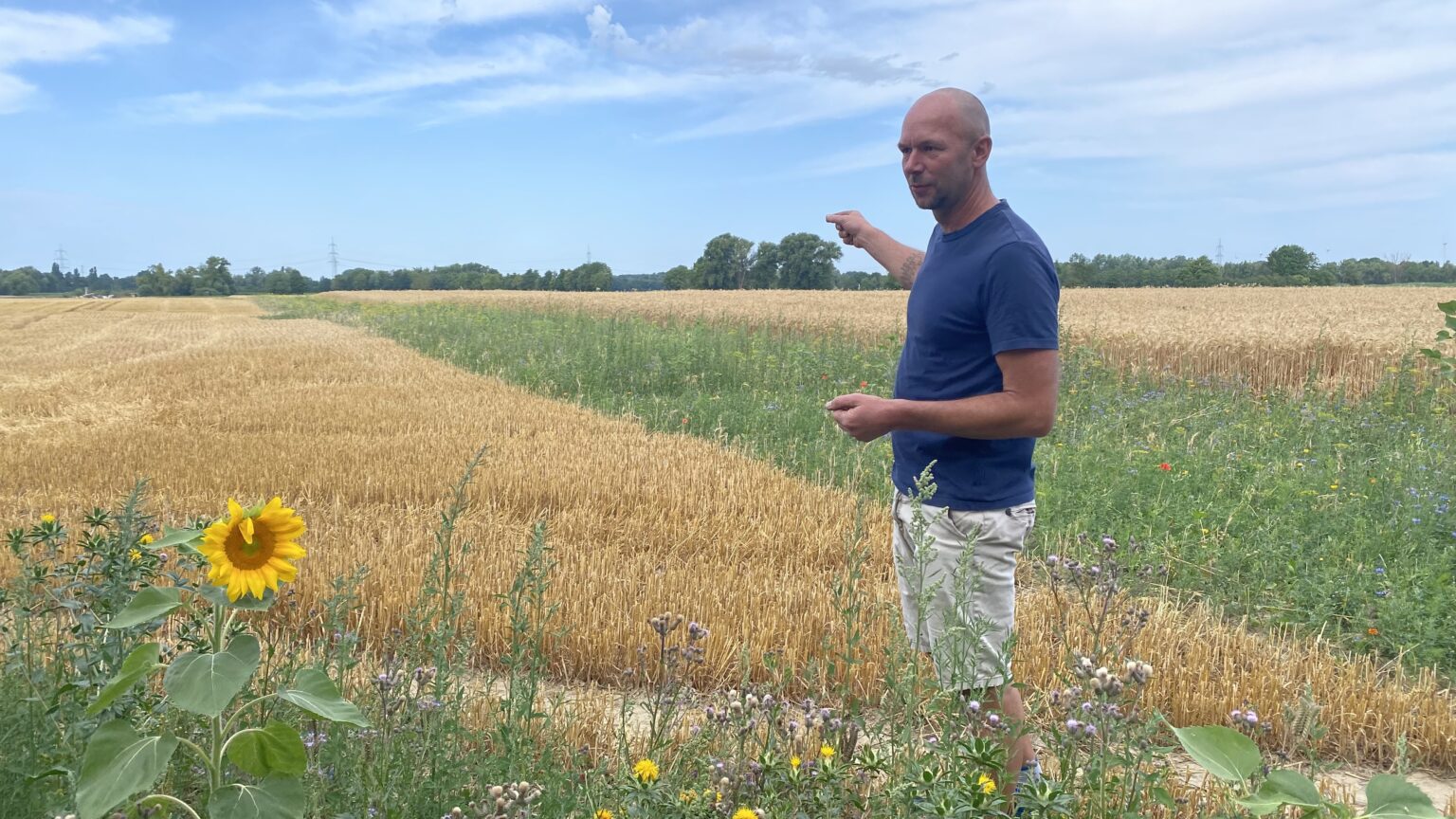
FarmNet monitors biodiversity
The success of the biodiversity measures is monitored by the initiative FarmNet of the company BASF. The aim of FarmNet is to find out which measures are both effective in promoting biodiversity and practical to implement. The results of the ten years project show, that the number of skylarks raised by almost 40 % and there have been significant increases in the population of ground breeding species, wild herb species and insects. Dominique Bellaire also appreciates the exchange with other farmers in FarmNet, who try to innovate their farms. “To my opinion rigid adherence to a system is wrong”, he said. His measures show that sustainable practices can also be productive.
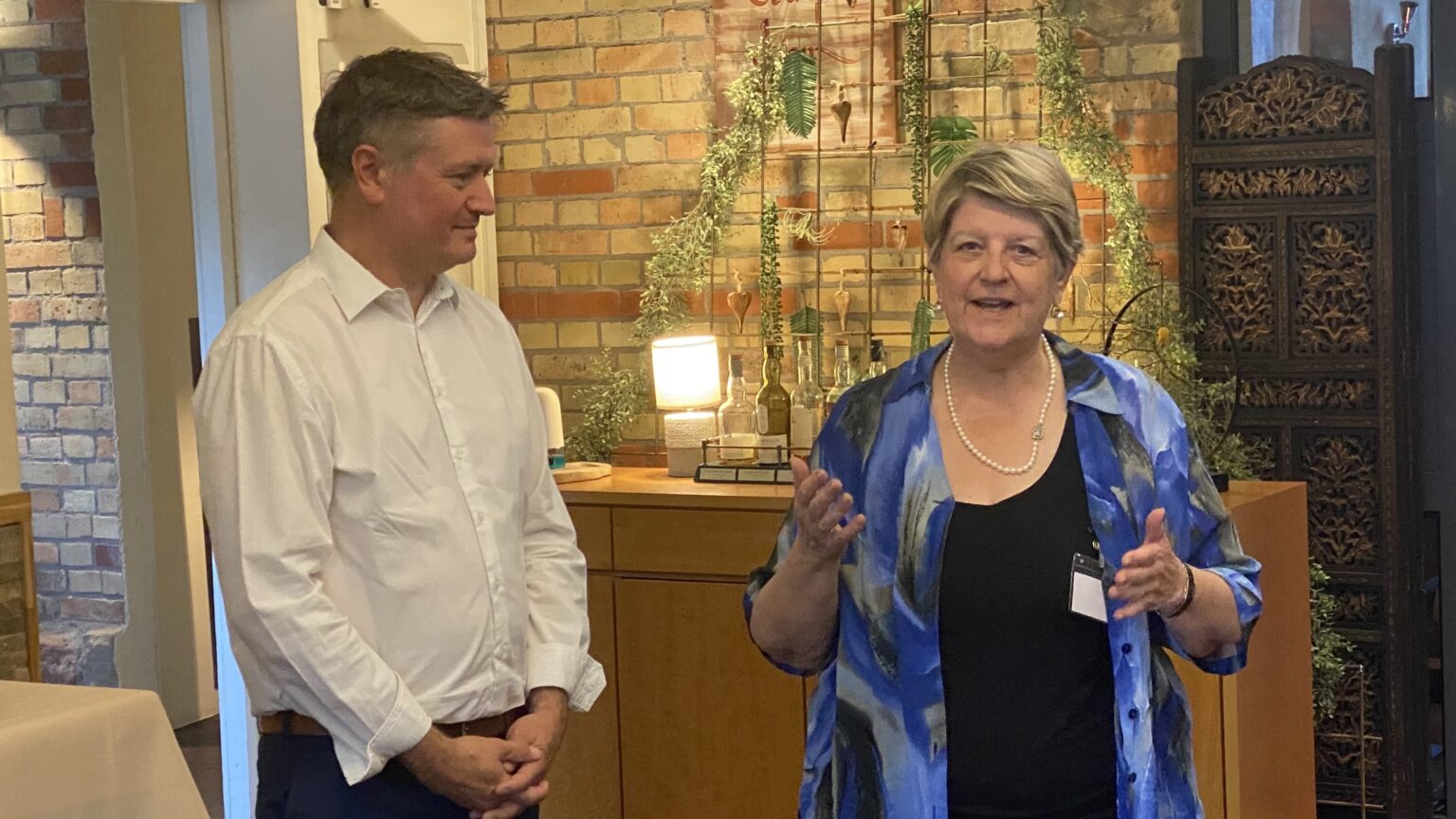
Furthermore the journalists visited the fruit and vegetable farm Fehmel in Mutterstadt and the winery Hörner, Hainbachhof GbR in Hochstadt. They learned to know the farmers and their farms and they will tell the audience in their countries about new practices, which were successfully implemented in the Palatinate. This press tour was a good example for the activities of the European Network of European Agricultural Journalists ENAJ and how ENAJ and agricultural journalists support innovation transfer to agricultural practice. The press tour was supported by Raiffeisen Waren-Zentrale Rhein-Main eG RWZ and BASF.
